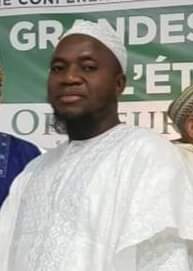The Reformist Legacy of Dr. Adam Fofana: Projects in Need of Continuation
The Islamic movement and da’wah in Côte d’Ivoire, throughout their modern history, have been marked by the emergence of distinguished leaders and scholars—figures driven by a deep concern for society and committed to its reform. These individuals, with their foresight and vision, have become symbols of positive change and are held in great esteem by the community.
Dr. Adam Fofana was one of these gifted reformers. He passed away on Thursday, 12 Dhul-Hijjah 1442 AH (22 July 2021), leaving behind several educational and religious reform initiatives. Completing these projects now presents a significant challenge to his family and followers. But what were these projects, and how can they be continued? This article briefly outlines the key areas of focus.
1. Building the Muslim Family
History shows that when reformers pass away, their families—especially wives and children—often fall victim to old familial disputes, neglect, or even exploitation. This can derail the late scholar’s vision for raising a pious family and ultimately sabotage the very foundation of building a model Muslim household. While the Fofana family is known for its religious commitment and integrity, this aspect should not be overlooked. Preserving Dr. Adam’s values in raising his family is essential for honoring his legacy.
2. The Al-Birr Islamic University Project
Dr. Adam was deeply engaged with the concerns of the Muslim community. The absence of an Islamic university that provides both academic and religious training, especially in Bouaké—the second-largest city after Abidjan—was a gap he sought to fill. With support from international partners, he established Al-Birr Islamic University nearly three years ago. Although still under development, Dr. Adam ensured classes had already begun in response to community demand. His family, friends, and university leadership must now carry the torch forward. A suggestion to honor his memory is to rename the institution “Adam Fofana Islamic University.”
3. Leadership in Salafi Institutions
The Salafi movement in Côte d’Ivoire (AMSCI) has experienced intellectual growth and organizational maturity over the past decade, gaining both national and regional recognition. Much of this was driven by graduates from Islamic universities, particularly in Saudi Arabia, who returned with advanced degrees and assumed leadership roles. Dr. Adam was among them, serving as president of the National Academy of Scholars (ANAO)—the highest academic and religious body in the country. Replacing such a figure will be a formidable challenge, not just for Salafi circles but for the broader Muslim community.
4. Work at Al-Furqan Islamic University
As Dean of the Faculty of Sharia at Al-Furqan Islamic University in Abidjan, Dr. Adam played a vital role in the college’s development. His death leaves a significant void in leadership and academic excellence. It is crucial to reassess operations to ensure the college continues fulfilling its mission. One way to honor his contributions would be to name one of the classrooms after him.
5. The Mus’ab Ibn Umair Mosque Project
Dr. Adam also built the Mus’ab Ibn Umair Mosque in Riviera Palmeraie, where he served as the resident imam. He held regular weekly study circles that attracted large audiences. The mosque’s leadership should ensure the continuation of these educational sessions, even by collaborating with external scholars if necessary.
Conclusion
Islamic organizations in Côte d’Ivoire, despite their differences, have maintained a notable level of cooperation and unity. This was evident during Dr. Adam’s funeral, which brought together institutions from across the spectrum of Islamic thought. Such unity is a beacon of hope. It demonstrates that solidarity among Muslims is achievable and that religious leaders must continue to model this cohesion.
May Allah forgive Dr. Adam Fofana, grant him Paradise, and reward his family with patience and steadfastness. Indeed, to Allah we belong, and to Him we shall return.
— Dr. Hassan Cissé, Al-Furqan Islamic University, Abidjan

